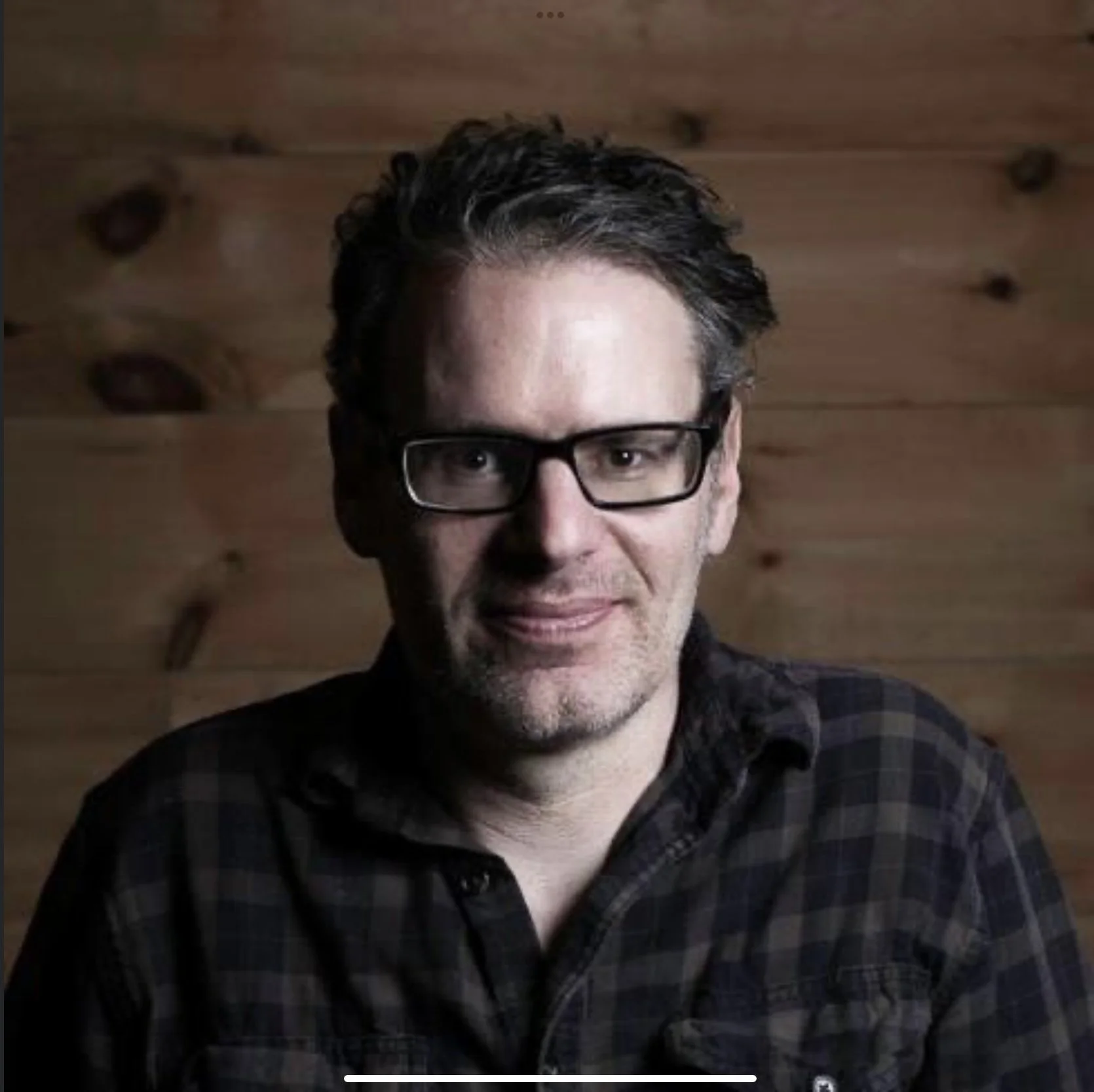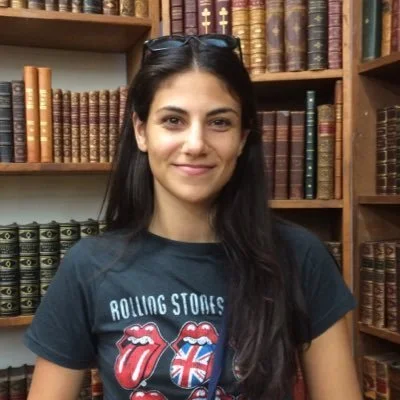Tell Me What You're Reading No. 48: David Gordon commemorates Cormac McCarthy and The Road
Podcast discussion: Ep. #48 David Gordon commemorates Cormac McCarthy and The Road
On an Upper Byrdcliffe Road walk this past summer, I noted to my friends, Perry Beekman and David Gordon, the recent death of Robert Gottlieb, the most acclaimed book editor of the last 50+ years. I’ve previously mentioned on the podcast, Gottlieb’s really great memoir, Avid Reader.
David noted that writer Cormac McCarthy had also then recently died. David expressed enthusiasm for McCarthy’s great works over the years. I had read McCarthy’s Pulitzer Prize winning masterpiece, The Road, many years prior and I still get a chill in my bones when I think about it.
I asked David whether he would like to come on the podcast to commemorate Cormac McCarthy and to talk about The Road, and the rest of McCarthys great works. And here we are.
Published in 2006, The Road is a dystopian, post-apocalyptic and frightening warning, but it’s also a story of the love between a father and a son and of the lengths to which a father might travel for his son, literally and figuratively. It’s also beautifully written and moving.
The chilling nature of the novel is captured by a 2013 review in The Economist.
McCarthy stole apocalypse’s thunder, and produced something far more terrible because more tentative. He saw that apocalypse is about aftermath rather than grand finale. He knew that the one thing more than dying in a global catastrophe is surviving it. The disaster is over and done with in a single sentence: "A long shear of light and then a series of low concussions." What follows is the desperate business of endurance.
A 2006 review in The Guardian captured the emotion of the story.
The Road is a novel of transforming power and formal risk. Abandoning gruff but profound male camaraderie, McCarthy instead sounds the limits of imaginable love and despair between a diligent father and his timid young son, "each other's world entire". The initial experience of the novel is sobering and oppressive, its final effect is emotionally shattering.
David was trained at Parsons and the New York Academy of Art, and has art directed and/or worked on visual development, layout, and character design for numerous production companies from Lucasfilm to Pixar. He has also written and illustrated many children’s books and acclaimed graphic novels, and David was kind enough a few years ago to give me signed copies of some of his books for my grandchildren.
David’s Cormac McCarthy Picks, and Other References
The Road, by Cormac McCarthy
Reviews The New York Times | The Economist | The Guardian | The New Yorker |Pulitzer Prize | European Journal of American Studies | The Art of Writing Audio - Cormac McCarthy Peers Into the Abyss
All The Pretty Horses, by Cormac McCarthy
Reviews The Guardian | The New York Times | The Irish Times
No Country For Old Men, by Cormac McCarthy
The Guardian | The New York Times | NPR | The New Yorker (movie)
Cormac McCarthy
The New Yorker (2023) | The New Yorker (2006) | The Los Angeles Times (obit)
The Stand, by Steven King
Reviews The New York Times | The New York Times | The Guardian | Rolling Stone
The Hints, etc.
Ash
Earthquake
Lightening
Other References
The Military Industrial Complex
What Howard’s Reading
Ben recently read and gave me Disgrace, by J.M. Coetzee, a two time Booker Prize winner, including for this one. Capetown, South Africa, an early #metoo moment for a Professor’s college student, and the further decay of the stubborn perpetrator who retreats to his daughter’s rural farm, and is then confronted by the difficulties of the post-apartheid era. Complex, uncomfortable and elegantly written. After reviewing the novel when it was published in 1999, The New Yorker reviewed it again at the time of the Harvey Weinstein trial in 2020, both stories of abuse, each with its own elements of depravity. Disgrace indeed.
Disgrace, by J.M. Coetzee (1999)
Reviews The Booker Prizes | The New York Times | The New York Times | The New Yorker | The Guardian | National Book Critics Circle | Book Marks
READING J. M. COETZEE’S “DISGRACE” DURING THE HARVEY WEINSTEIN TRIAL The New Yorker
On a much lighter note, one of my favorite authors is Ann Pachette, the author of The Dutch House, which I read some time ago. Pachette has been obsessed since high school with Thornton Wilder’s Pulitzer Prize winning play, Our Town, and has had a long time desire to write about Our Town. Pachette’s new novel, Tom Lake, fulfills that desire.
When I started Tom Lake, I immediately realized that I needed to first read Our Town. So I did and I’m glad I did. As I said on my last podcast, Our Town is all about the preciousness of life and community; it's timeless, important, moving and a classic. The same can be said about Tom Lake. A really beautiful read.
Tom Lake, by Ann Patchett
Reviews The New York Times | The New Yorker | PBS | NPR | The Washington Post | The Guardian | Washington Independent Review of Books | San Francisco Chronicle | The Times | The Harvard Crimson | Chattanooga Times Free Press | Book Marks
The Dutch House, by Ann Patchett
Reviews NPR | The New York Times | The Guardian | The Guardian | The Times | The Pulitzer Prizes | The Washington Post | Time Magazine | Financial Times | Book Marks
Our Town, by Thornton Wilder
The preciousness of life and community; it's timeless, important, moving and a classic. As Our Town’s Emily observes, “It goes so fast. … Do any human beings ever realize life while they live it? – every, every minute?”
The birth and life of an American classic: ‘Our Town’ - The idea for the Pulitzer Prize-winning play first occurred to Thornton Wilder during a visit to Rome. Eighteen years later, “Our Town” opened in Princeton. By BUD KLIMENT The Pulitzer Prizes
MAN OF LETTERS The case of Thornton Wilder. By Robert Gottlieb December 30, 2012 TNY
DECEMBER 16, 2002 ISSUE | THE THEATRE | SOUL FOOD - Getting the spirit onstage. By John Lahr December 8, 2002 TNY
MARCH 16, 2009 ISSUE | THE THEATRE | HIS TOWN - A fresh look at Thornton Wilder. By Hilton Als March 9, 2009 TNY
More Than the Girl Next Door: 8 Actors on Emily in ‘Our Town’, By Laura Collins-Hughes Jan. 6, 2021 NYT
Theater & Dance ‘Our Town’ debuted in 1938, but it’s still staged everywhere. A new book explains why it’s so timeless. By Peter Marks January 29, 2021 WAPO
THEATER REVIEW | 'OUR TOWN' 21st-Century Grover’s Corners, With the Audience as Neighbors Our Town NYT Critic’s Pick By Charles Isherwood Feb. 26, 2009 NYT
The Uninhabitable Earth, by David Wallace Wells
A remarkable book about the existential climate change challenges that may be faced by the people of planet earth - heat waves, floods and intolerable droughts, crop failures, climate refugees, climate caste systems and unwitting environmental apartheid, and “how widespread alarm will shape our ethical impulses toward one another, and the politics that emerge from those impulses … among the more profound questions being posed by the climate to the planet of people it envelops.”
Reviews The Guardian | The Guardian | The New York Times | New York Magazine | Zinn Education Project | The Economist | NPR | Book Marks






